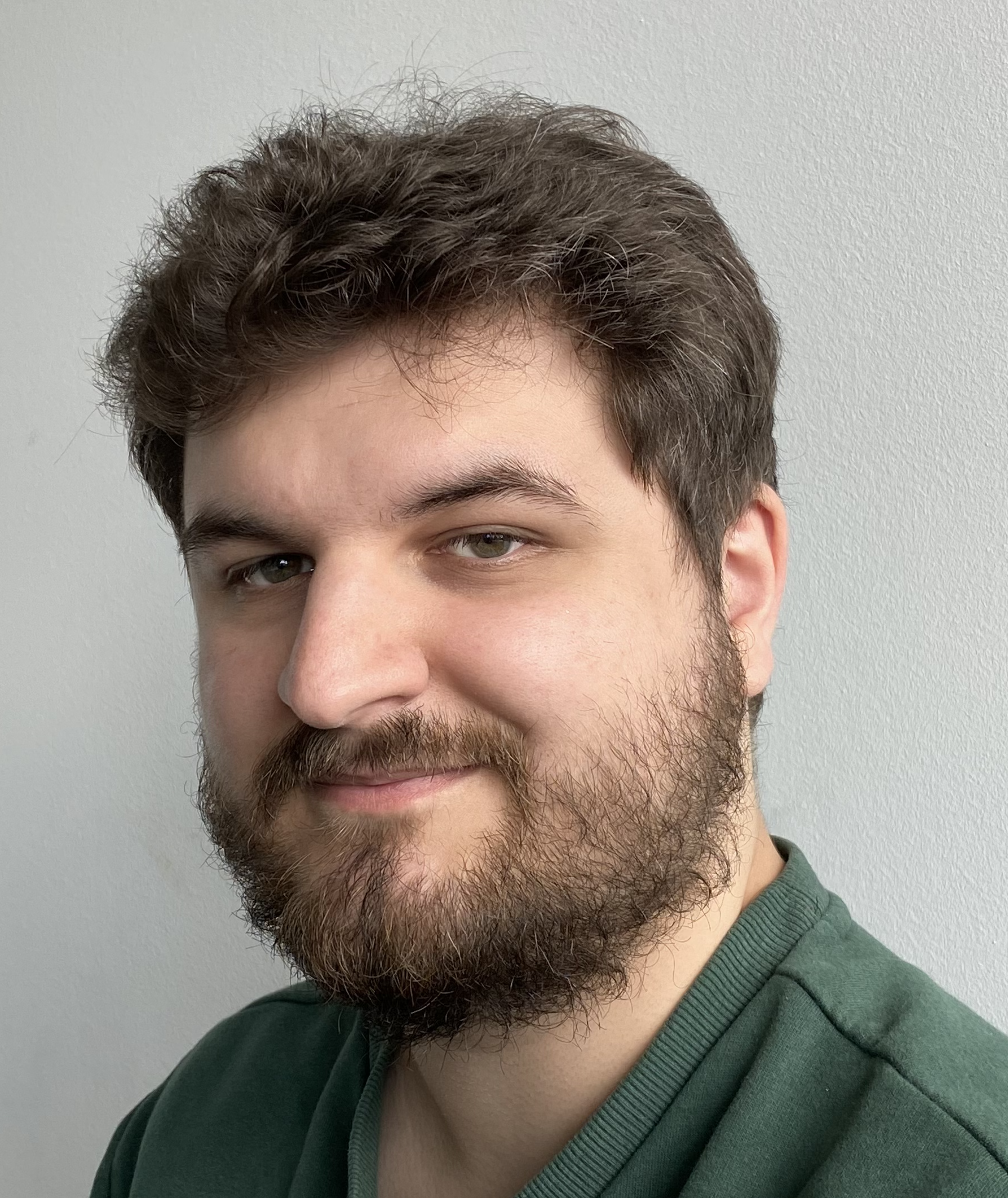Tutorial: 17:00–18:30 (English)
Programming with weak consistency, and Dartagnan
Programming with weak consistency guarantees is both a necessity and a pain. It is a necessity, because more and more platforms opt for weak consistency guarantees or even give the developer means of influencing the consistency guarantees. It is a pain, because well-known idioms for synchronization and communication break if the consistency guarantees are chosen too weak.
Since its proposal in 2010, the programming language CAT has become the de-facto standard for formulating consistency guarantees. The Linux kernel, the languages C, C++, Java, and OCaml, the architectures of ARM, Intel, and IBM, as well as NVIDIA and Vulkan all have their consistency guarantees formulated in CAT.
We introduce Dartagnan, a formal verification tool that helps the programmer reason about the behavior of a given (C or SPIR-V) program relative to given consistency guarantees (formulated in CAT). Dartagnan checks whether all consistent executions meet all assertions in the code, reports bugs otherwise, or terminates without a conclusion. Dartagnan is a bounded model checker that unrolls the program into an acyclic form and translates it into logical constraints that are solved with an SMT solver, like Microsoft’s Z3 or Yices.
Dartagnan has been instrumental in finding a bug in qspinlock, one of the major lock implementations of the Linux kernel, a development that ultimately lead to new consistency guarantees for the Linux kernel.
We will introduce the basics of weak consistency, the CAT language, and Dartagnan.
Preparations
For an active participation, we suggest to download Dartagnan up-front from https://github.com/hernanponcedeleon/Dat3M and follow the installation instructions given on that site.
Roland Meyer
Roland is a Professor at TU Braunschweig and Head of the Institute of Theoretical Computer Science. He is interested in verification techniques for concurrent programs that can be used at industrial scale.
Thomas Haas
Thomas Haas is the main developer of the memory-model-aware bounded model checker Dartagnan. He graduated in 2019 from TU Braunschweig with a Master’s degree in Computer Science. During his time as a student, he participated in the ERATO project in Tokyo, working on the verification of probabilistic programs. Since 2019, Thomas is a PhD student at TU Braunschweig where he specializes in weak memory models and their verification.

